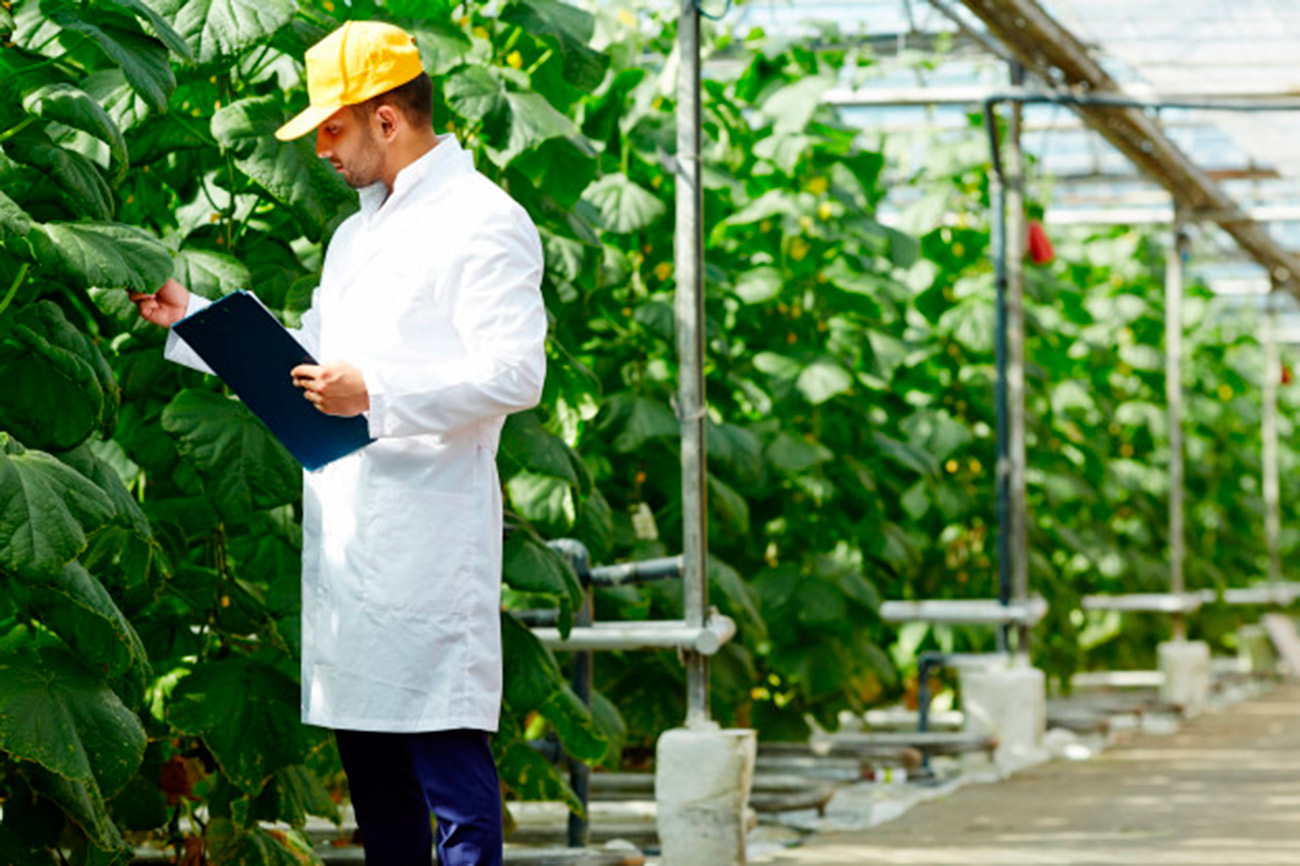During the last couple of years, we have seen how engineering careers have become quite popular both for students and for the workplace in general. There are many large companies who are currently looking for engineers to fulfill the wide range of positions available. This has resulted in a saturation of entry-level jobs and demand for engineering careers, which was kind of predictable. However, IT and civil engineering tend to be the most sought-after fields, leaving more room in the environmental-focused areas of engineering. Therefore, if you are thinking about pursuing a career in engineering and want to make a positive impact on the environment through your professional path, you might want to consider exploring the fields of animal agriculture.
It is well known that raising livestock has a significantly negative impact on the environment, as this industry is responsible of generating more greenhouse gas emissions than the entire transportation industry. Besides, the industry also consumes and wastes a significant amount of resources, as a standard quarter-pound burger consumes more water than three weeks worth of showers. This means that, in general, the food industry takes a huge toll on the environment, and it takes more than information campaigns to make a relevant change.
Food engineering, for example, is a great field that can be quite promising for those who are interested in following a career in engineering and helping the planet along the way. Burger King seems to be leading the way with their Impossible Whopper, while the Beyond Burger is at a close second since they are being able to offer plant-based meat substitutes that still deliver the delicious taste and texture combination we all know and love. This means that food engineers have a lot of room to help develop technologies for the industry that will allow us to enjoy animal products substitutes that do not sacrifice on flavor in their ethic mission.
There is a growing demand for healthy products, and this demand also includes the use of organic and ethically grown products, including animals. Unfortunately, current research and technological development in the field do not get the attention they deserve. This is where engineers can make a difference, as researching, developing, planning, and improving sustainable food systems is still the backbone of a booming industry. There are many areas of opportunity that offer wide fields of research and development to engineers, including cellular agricultural companies that are working to create meat, chicken, and fish products without the animals.
The plant and cell-based food sector can be a very rewarding and fruitful one to pursue, and students who are considering a career in engineering should definitely consider such fields. Regardless of the type of engineering you choose, you are quite likely to find a position that suits your profile, offering stability and professional growth while knowing that you are being part of the change we so desperately need.








